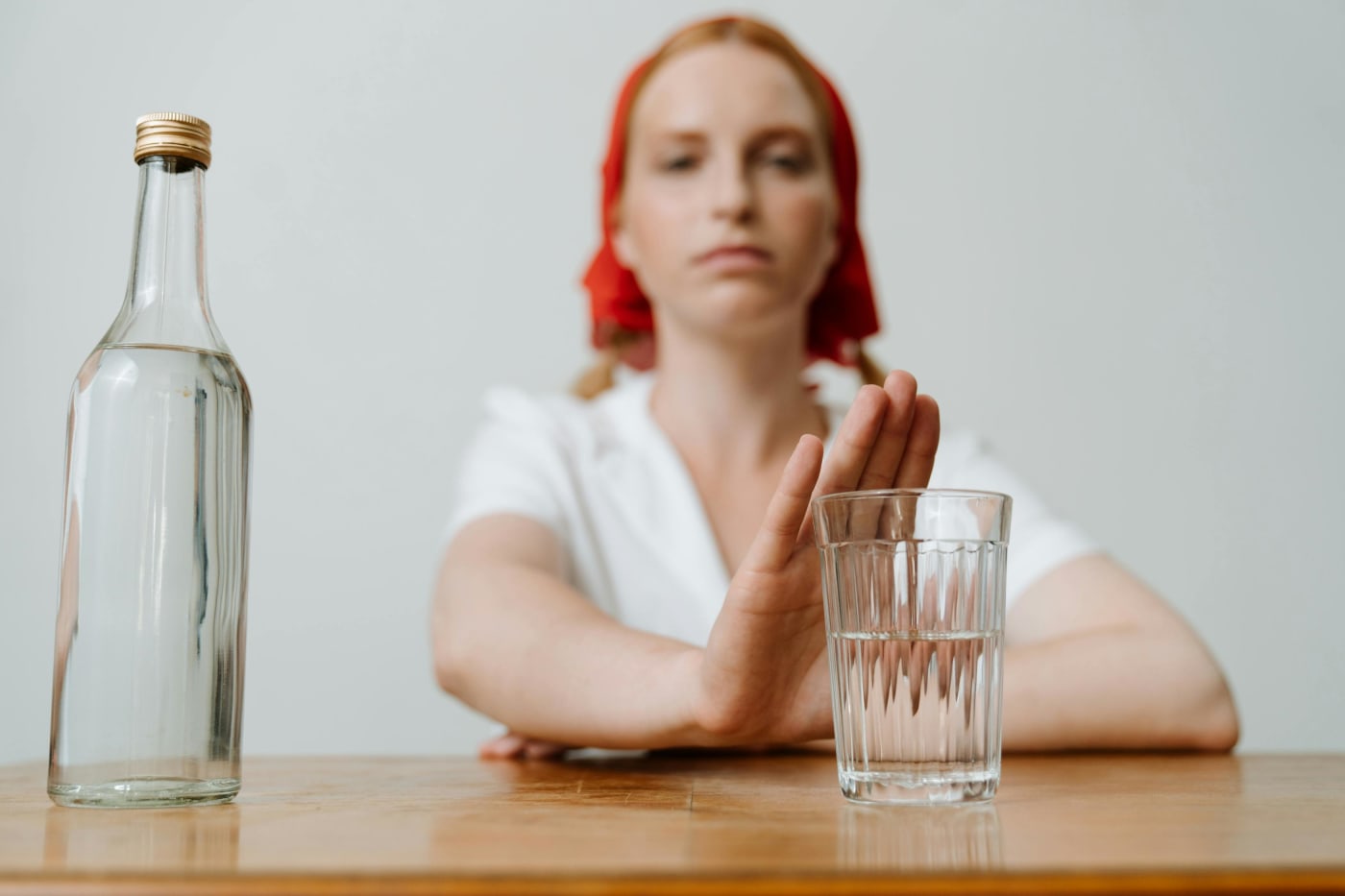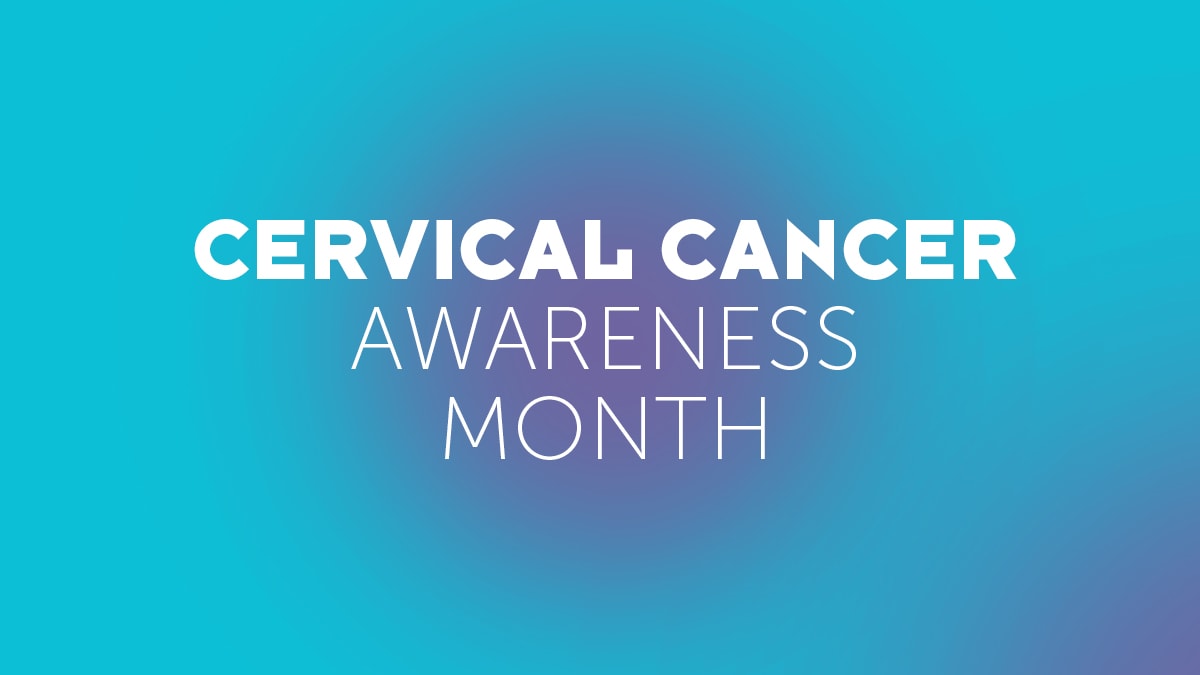
Whether you’re deep into ‘Dry January’ or just making an effort to drink less this year, here are the answers to five common questions about alcohol consumption and cancer.
Does alcohol cause cancer?
Yes, alcohol is a carcinogen (something that causes cancer) and is known to lead to the development of at least nine different types of cancer including cancers in the mouth, throat, breast, colon and liver. Alcohol is linked to nearly 7,000 cancer cases each year in Canada.
How does drinking alcohol cause cancer?
The way alcohol affects your health is complex and depends on additional factors such as genetics, nutrition and other health-related behaviours such as smoking. However, we do know:
- Your body breaks alcohol down into different chemicals that can cause inflammation or damage to DNA over time, preventing your body from repairing damage.
- Alcohol can affect the cells in your mouth and throat, making it easier for cancer-causing substances, such as tobacco smoke, to get absorbed.
- Alcohol can increase levels of estrogen or other hormones in your blood that increase your risk of breast cancer.
- Alcohol can damage the stomach and intestines, making it hard for your body to break down and absorb nutrients such as folate. (Folate helps the body build new cells and prevents changes in DNA. High folate levels may play a role in reducing the risk of breast and colon cancer.)
Does drinking a glass of wine every night increase my risk of developing cancer?
Yes, the risk of developing cancer among people who consume one drink a day is higher than the average risk among people who drink less or not at all.
- Women who consume seven standard drinks per week increase their risk of breast cancer by 13% — meaning 14 out of 100 women who drink seven drinks per week may get breast cancer as opposed to 12 out 100 who don’t consume any alcohol.
- People who drink seven standard drinks per week have a 9% increased risk of colon cancer and a 37% increased risk of oral cancer.
How much alcohol can I drink to avoid increasing my risk of developing cancer?
The World Health Organization published a statement that when it comes to alcohol consumption, there is no safe amount that does not affect health. As for increasing your risk of developing cancer:
- 1-2 drinks a week is considered low risk.
- 3-6 drinks a week is considered moderate risk.
- 7 or more drinks a week is considered increasingly high risk.
Are some types of alcohol healthier or safer to drink than others?
No, the type of alcohol consumed does not appear to affect cancer risk. Beer, wine and spirits all contain ethanol, which is the substance that can increase your risk of cancer. Contrary to popular belief, there is no scientific evidence that drinking red wine reduces your risk of cancer.
What does matter is the amount of alcohol consumed and not all drinks are created equal. For example, a 12 oz. can of regular beer (5% alcohol) is one drink, while a can of stronger beer (8% alcohol) is 1.6 drinks. Similarly, a 20 oz. pint of regular beer is 1.7 drinks, and a 20 oz. pint of stronger beer is 2.7 drinks. So, consuming three pints of a strong beer a week is equivalent to more than eight drinks, putting you in the high risk of developing cancer category.
Source: BC Cancer, prevent/alcohol
Any reduction in alcohol use benefits your health. Need help cutting down? Here are six helpful tips to reduce how much you drink.


